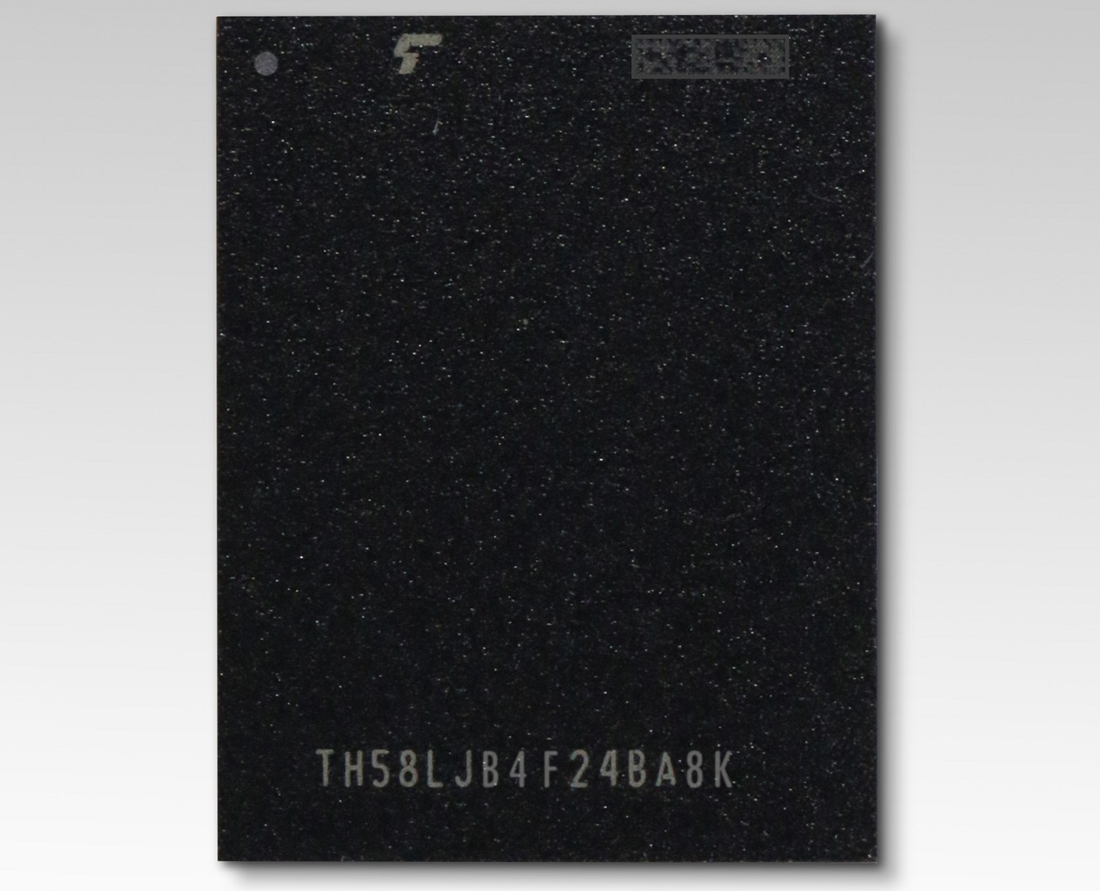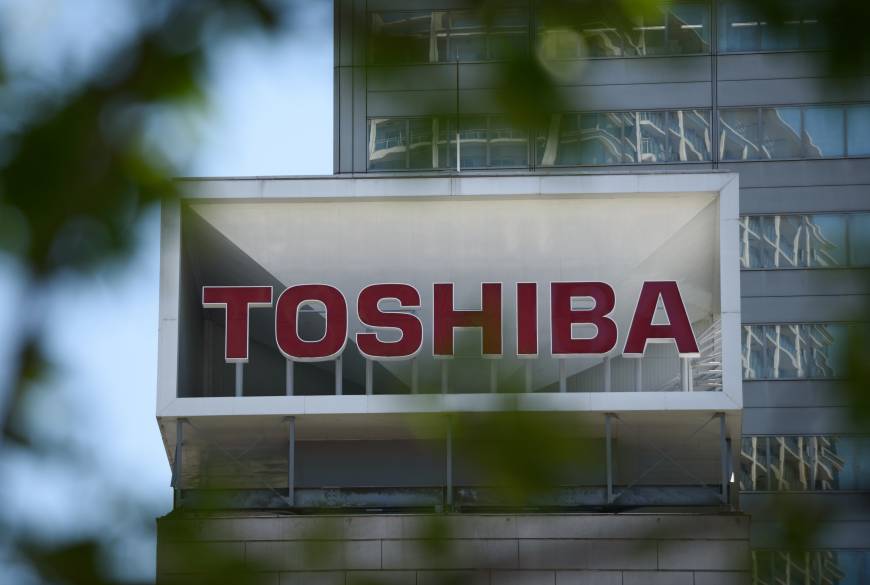Why it matters: SSDs are a dime a dozen these days. Any meaningful step forward is going to come as a result of either increased performance or increased capacity. Toshiba's latest advancement addresses the latter (and hopefully, not at the expense of the former).
Toshiba recently announced the development of a prototype flash memory chip that boosts single-chip memory capacity to the industry's highest level.
The 96-layer BiCS 3D NAND chips feature four bits per cell (quad level cell, or QLC). By pushing the bit count for data per memory cell from three to four, Toshiba's new NAND achieves a maximum capacity of 1.33 terabits for a single chip. A typical 16-die stacked architecture in a single package would have a capacity of 2.66 terabytes, opening the door for large-capacity SSDs in the not-too-distant future.

Scott Nelson, senior vice president of TMA's memory business unit, said they were among the first in the industry to envision and prepare for the successful migration of SLC technology to MLC, from MLC to TLC and now, from TLC to QLC. It has made increasingly dense packaging options available, he said, adding that QLC will have a game-changing impact across many different markets.
Toshiba said samples will begin shipping to SSD and SSD controller vendors in early September with mass production expected to begin in 2019. Western Digital, a partner of Toshiba, said in a separate release that it is now sampling the new NAND and plans to ship consumer products running the chips under the SanDisk brand later this year.
